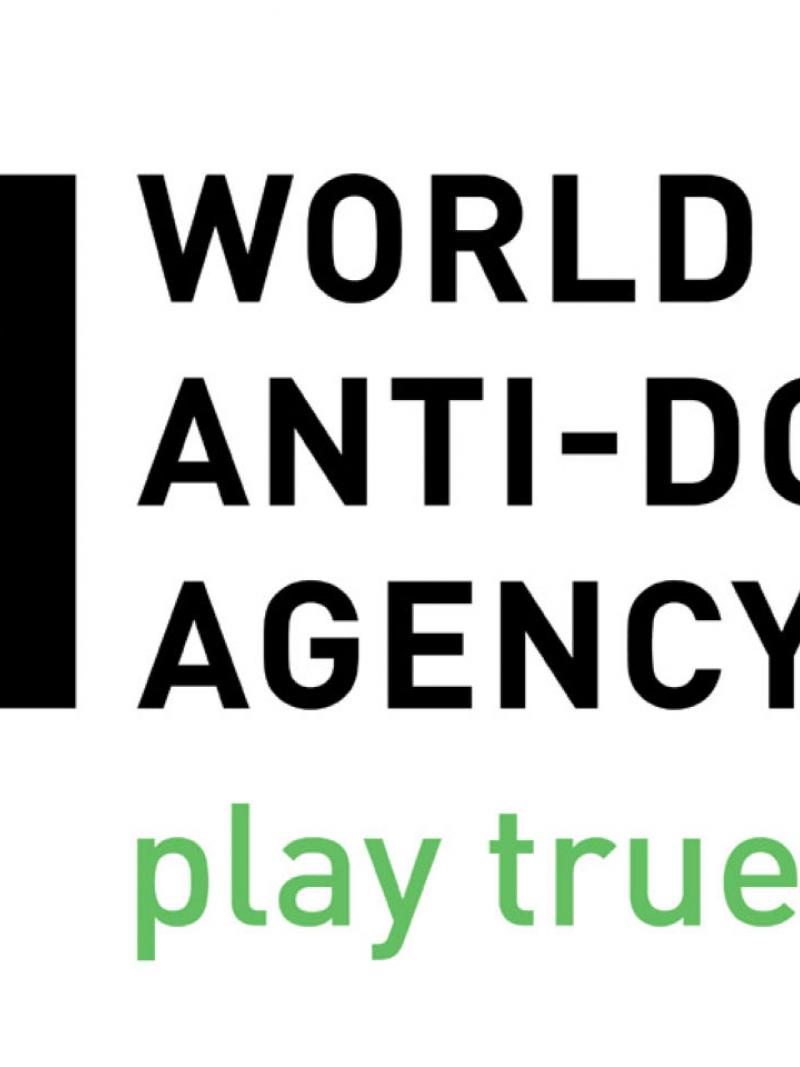WADA Foundation Board equips agency for the future
A series of recommendations have been approved; WADA President Sir Craig Reedie re-elected for a further three-year term. 21 Nov 2016
“This framework will not only cement the Agency’s role as the international regulator of clean sport, it will also be a game changer for the global anti-doping movement.”
The World Anti-Doping Agency’s (WADA’s) Foundation Board approved a series of recommendations to equip the Agency to be fit for the future, ranging from compliance and governance to investigations and whistleblowing.
It also endorsed a graded sanctioning framework for non-compliance that was put forward by the independent Compliance Review Committee (CRC). Next steps will involve further consultation and, once enacted, this framework will equip the anti-doping system with the ability to levy meaningful, predictable and proportionate sanctions in cases of non-compliance by anti-doping organisations (ADOs) with the World Anti-Doping Code (Code).
“WADA is pleased with this evolution, which was supported by athletes, sport and government,” said WADA President Sir Craig Reedie.
“This framework will not only cement the Agency’s role as the international regulator of clean sport, it will also be a game changer for the global anti-doping movement.
“The new framework, which will include development of an appropriate legal instrument, will involve considerable consultation with stakeholders in the coming months prior to its implementation.”
WADA’s Whistleblower Programme was also approved by Board members and will take effect in early 2017. For the first time, it will formalise the process for protecting and offering assurance of confidentiality to whistleblowers.
The Programme will encourage athletes, administrators and others from across all sports and all countries to raise concerns in good faith and on reasonable grounds of suspected doping. It aims to provide greater assurance to, and incentivise, those individuals that come forward with valuable information.
To ensure the independence of the anti-doping system from sports organisations and national governments, the Foundation Board approved the creation of a working group with stakeholder representation from the governments, the sport movement, National Anti-Doping Organisations (NADOs), athletes and other experts.
In order to maintain WADA’s strengthened laboratory accreditation monitoring system, it was decided that a working group would be formed to review the lab accreditation process.
The Board agreed to continue the process to evaluate establishing an Independent Testing Authority (ITA); a request made by the Olympic Summit. This group will report back on the proposal of the ITA at the next Foundation Board meeting in May 2017.
In light of the recent “hacking” attacks by cyber espionage group ‘Fancy Bears’, WADA confirmed the security measures that it had implemented to protect athletes’ personal data and the broader Anti-Doping Administration and Management System (ADAMS).
In order to advance these recommendations, and reflect the significant increase in activities required, the WADA Finance Committee agreed to developing, in 2017, a draft 2018 budget that will take into consideration the new strategic activities that WADA will undertake.
“The Foundation Board clearly called for the Agency to lead the way forward for the global anti-doping programme,” said WADA Director General Olivier Niggli.
“We believe that this is a significant step in securing athlete confidence and trust that the system is fit for the future and able to protect their interests.”
Vitali Smirnov, Chair of the independent Russian Commission, provided an update on Russia’s anti-doping development. Members were informed of the Russian Anti-Doping Agency’s (RUSADA’s) efforts to regain compliance with the Code. Whilst some progress has been made, there remain a number of challenges with the Russian anti-doping programme that need to be addressed in order for RUSADA to regain Code compliance.
The Board also re-elected President Sir Craig Reedie for a further three-year term. Reedie is joined by the Agency’s new Vice President Linda Hofstand Helleland, Norway’s current Minister for Sport.
More information is available on WADA’s website.
*Editor’s note: The International Paralympic Committee suspended the Russian Paralympic Committee on 7 August for its inability to fulfil its IPC membership responsibilities and obligations, in particular its obligation to comply with the IPC Anti-Doping Code and the World Anti-Doping Code (to which it is also a signatory). As a result of the suspension, Russian athletes cannot enter IPC sanctioned events or competitions, including the Paralympic Games. For further information please click here:





